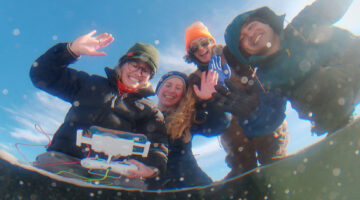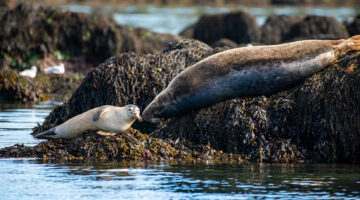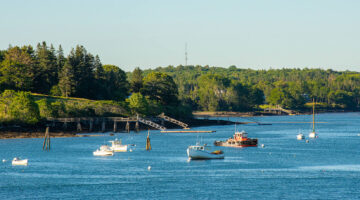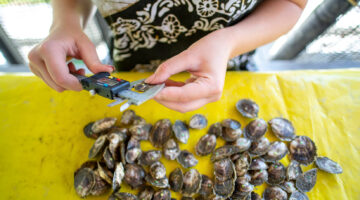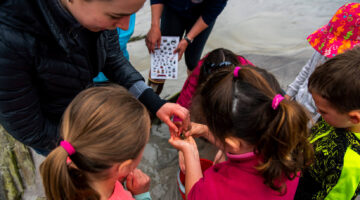‘The Maine Question’ asks what the future holds for Maine aquaculture
Aquaculture is a growing industry in Maine. It yields more than $100 million in overall economic impact each year, nearly three times as much as the $50 million it contributed in 2007. Farmers and businesses in working waterfronts support the economy by cultivating Atlantic salmon, oysters, sea vegetables and other aquatic flora and fauna. Despite […]
Read more

